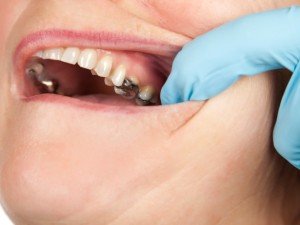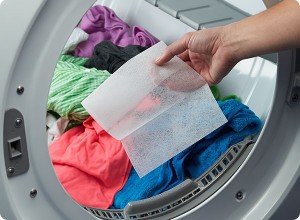FDA is failing to protect vulnerable groups from toxins in seafood
1 min read
A new study from an environmental watchdog organisation concluded that US federal standards underestimate the risk to pregnant women and children of carcinogenic toxins that accumulate in seafood due to oil spills.
The Natural Resources Defense Council study, published in the online journalEnvironmental Health Perspectives, evaluated the degree to which the US Food and Drug Administration‘s (FDA) risk criteria sufficiently protect vulnerable Gulf Coast populations from cancer risk associated with polycyclic aromatic hydrocarbons (PAHs), such as those released during last year’s oil spill in the Gulf of Mexico.
The study states that because of outmoded assessment methods and assumptions, the FDA’s standard for PAHs in seafood is off by 10,000 times, USA Today reports.
“Everybody is using the numbers FDA published, and they are flawed,” said study co-author Miriam Rotkin-Ellman. She clarified that her analysis did not find any significant concerns for other adults.
The FDA risk assessment methods should be updated to better reflect current risk assessment practices and to protect vulnerable populations such as pregnant women and children, the study claims.






